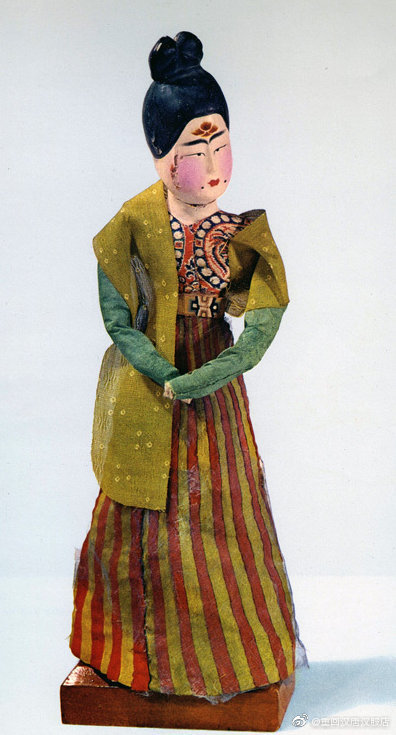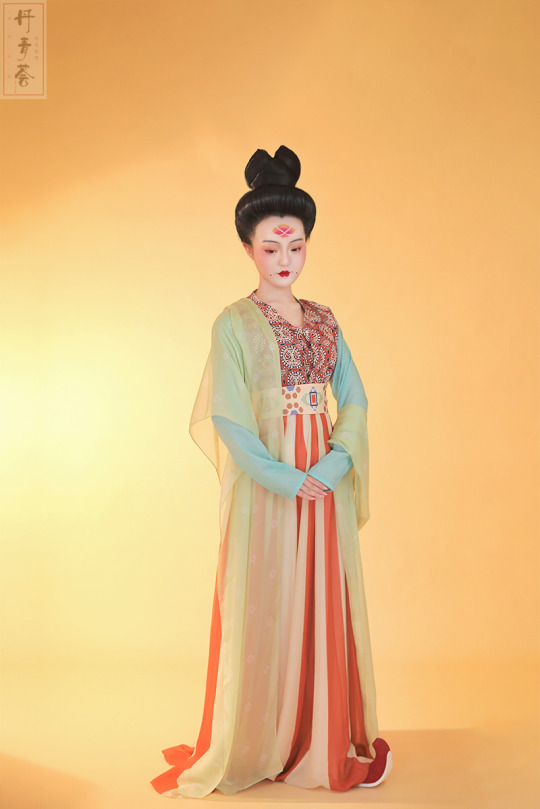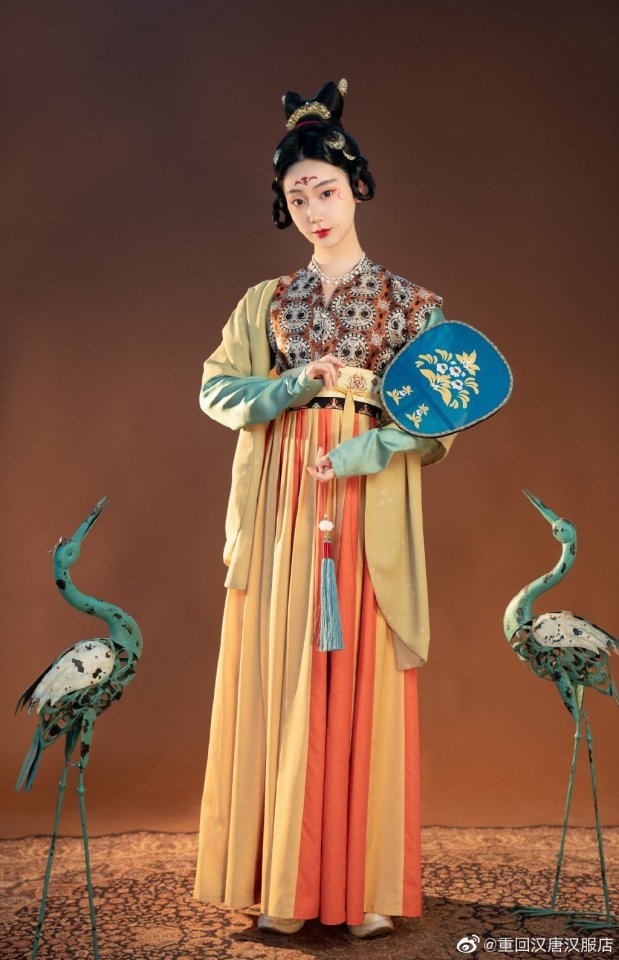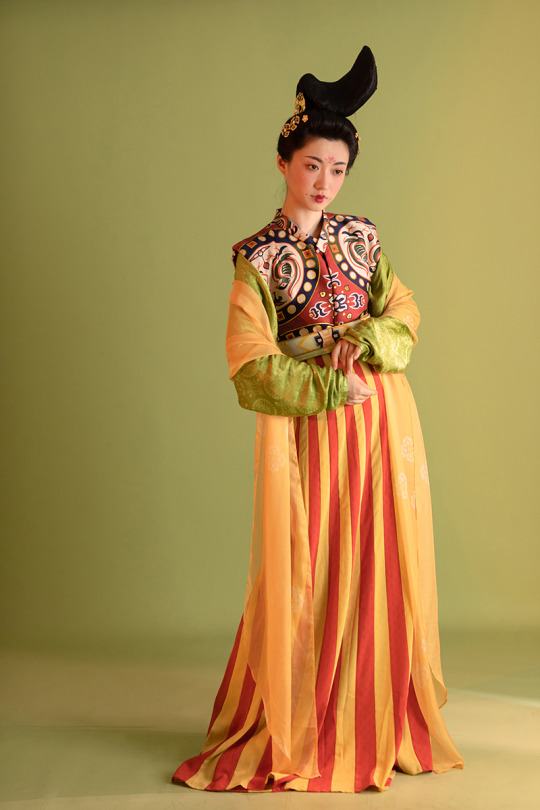Anna | 19 | 🇵🇱 | español | 中文 | 한국어 | ravenclaw | infj
Don't wanna be here? Send us removal request.
Text

Here's a short list of short stories in Spanish that would be good for intermediate readers to get into reading some more! The stories are short but will provide enough of a challenge to be worthwhile. I tried to pick stories that were pretty engaging, so I hope you enjoy them. In bold are my personal favorites!
Un alma pura, Carlos Fuentes
El evangelio según Marcos, Jorge Luis Borges
El almohadón de plumas, Horacio Quiroga
La isla a mediodía, Julio Cortázar
La salud de los enfermos, Julio Cortázar
La casa de Adela, Mariana Enríquez
En la estepa, Samanta Schweblin
Los censores, Luisa Valenzuela
La mujer que camina para atrás, Alberto Chimal
Las invitadas, Silvina Ocampo
Mr. Taylor, Augusto Monterroso
El recado, Elena Poniatowska
560 notes
·
View notes
Text
The definition for Nachtschwärmer has me utterly weak
3K notes
·
View notes
Photo





Hanfu inspired by that particular doll from the Astana Cemetery
First row (from left): 文成国风, 丹青荟传统服饰
Second row (form left): 重回汉唐, 乔织丨原创汉服设计
79 notes
·
View notes
Text
A chinese wlw drama featuring two female leads has been officially announced for the first time ever!!
Titled 双镜 "Double Mirror", it is set in the Republic period (1912-1949), before the Communist Revolution.
Xu Youyi (played by Zhang Nan) is a female author who is kept in the dark about her rich husband's philandering ways. Yan Wei (played by Sun Yihan) is a murderess disguised as the owner of a photography studio.
As the relationship between the women deepens, they work together to destroy the cheating husband and his side piece.
Even as they second-guessed each other's motives, they trusted the other completely. Fate had only one answer for them: continue forging ahead without fear.
Loosely translated from original post on Weibo here.
(p.s. to pass censorship it would most likely hint/allude to the relationship - similar to the untamed - rather than establish it explicitly)
6K notes
·
View notes
Text
good morning/evening everyone, let’s read news for toda-




60K notes
·
View notes
Photo


Youn Yuh-jung wins the Oscar for Best Supporting Actress in Minari
7K notes
·
View notes
Text
“towarzysz” to tak homoerotyczne słowo. towarzysz w czym, hm? w czym ci towarzyszy? w gejowskim seksie?
48K notes
·
View notes
Text
idk call me radical or crazy or whatever but people shouldn’t need a reason to care about human lives
40K notes
·
View notes
Text
설날 / lunar new year 🧧
설날은 한 해의 첫 날을 기리는 명절이다. 음력 1월 1일 설날은 추석과 함께 대한민국 최대의 명절 중 하나이자 전날과 다음 날을 포함한 3일이 법정 공휴일이다. 태음력에서 역법 전체의 기준이 되는 달은 동지가 든 달이다.
공식적으로 음력 1월이 정월이 되고, 음력 1월 1일이 설날이 된 것은 2000년이 넘는 역사를 자랑한다. 부여 시절부터 설날의 풍습이 있었을 것으로 보인다. 구체적인 설날의 풍습에 대한 기록은 신라시대에 전해지는데 수서에 의하면 신라인들은 원일, 즉 새해 첫날에 서로 문안을 드리고 왕이 성대한 잔치를 베풀어 군신들을 격려하며 일월신에게 제사를 지냈다고 기록되어 있다.
설날에는 다양한 풍습들이 있었는데 차례, 세배, 떡국, 설빔(새옷), 덕담, 문안비, 설그림, 복조리 걸기, 야광귀 쫓기, 청참, 윷놀이, 널뛰기 등이 그것이다. 성년이 되지 않은 아이들이 어른들께 세배를 올리고 세뱃돈을 받는 풍속이 있기 때문에 어른들보단 아이들이 더 손꼽아 이 날을 기다리기도 한다. 원래는 떡과 과일 같은 간식들을 내오는 게 보통이었지만 시대가 흐르면서 돈을 주는 걸로 바뀌게 된 결과라고 할 수 있다.
출처: https://namu.wiki/w/설날

vocabulary
법정: 법으로 규정함 (legal). 법정 공휴 = legal holiday
역법: 曆 (calendar) + 法 (method)
동지: winter solstice (冬 winter + 至 arrival)
정월: 음력으로 한 해의 첫째 달 (the first lunar month of the year)
수서: 손수 글이나 편지를 씀 (manuscript, here: historical documents; 手 hand + 書 write)
베풀다: 잔치나 연회 등을 벌이다 (to throw/hold a party or event)
제사: 신이나 죽은 사람의 영혼에게 음식을 바쳐 정성을 나타냄. (an ancestral rite to a god/spirit)
cultural/historical words
부여: a korean dynasty in 1st century BC
군신: (i think the hanja for this is 軍神, so war + god, god of war)
세배: 설에 웃어른에게 인사로 하는 절. (a traditional bow to pay respect to one's elders on lunar new year)
25 notes
·
View notes
Quote
浔阳江头夜送客,枫叶荻花秋瑟瑟。 主人下马客在船,举酒欲饮无管弦。 醉不成欢惨将别,别时茫茫江浸月。 忽闻水上琵琶声,主人忘归客不发。 One Autumn night on the Yangtze River side, I bade farewell to my friends on a boat. Soft wind rustles reeds and maple leaves, I, the host, dismounted and the guests went aboard. Cup in hands, but there was no music, We drank with depressed heart, Seeing my friends off while the moonlight bathing in the river. Suddenly the pipa sounds drifting to our ears from a neighboring boat, My guests forgot to leave and I knew not where we were.
Pipa Song (琵琶行) by Bai Juyi (白居��). Tang dynasty.
Bai Juyi (772 – 846) was a Tang dynasty governmental official and prolific poet. His written works, often viewed with suspicion as remonstrance, compounded by his own steadily declining health, led to successive exiles and demotions until he held but a series of nominal ranks late in life. Pipa Song depicts a chance encounter between Bai and an old pipa player during his time as sub-prefect of Jiujiang. Bai, distracted from exchanging farewells with visiting friends at the harbor by the music of the pipa, invites the musician to hold a brief concert. The emotionality of her music strikes a chord in him, and from hearing the musician’s plaintive tale and her heartrending songs, Bai recognizes the sentiments of lonesomeness and despair they share. He composes Pipa Song as a gift to the pipa player, a commemoration of the brief convergence of two lives marked by yearning.
(via sinethetamagazine)
There’s an amazing gufeng-style song with “Pipa Song” set to music - including, of course, the pipa. The lyrics consist entirely of the verses of the poem! Turn on English subtitles for a complete translation of this beautiful and evocative narrative poem:
youtube
(via ziseviolet)
227 notes
·
View notes
Photo

There’s a lot of hard work to do in this new year but I believe in us!
14K notes
·
View notes








